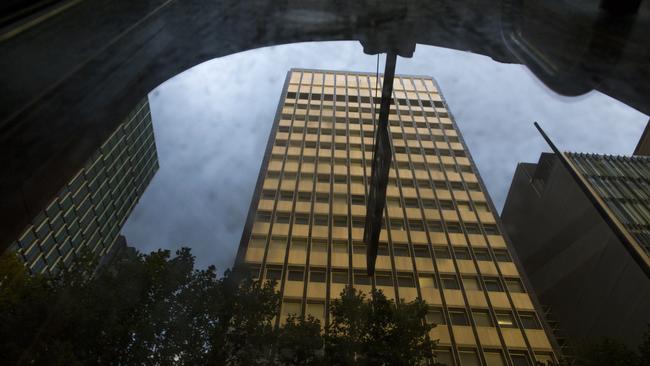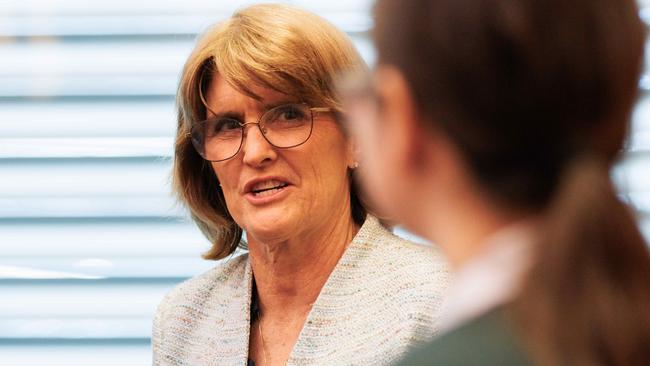
Treasurer Jim Chalmers last week warned that the RBA was “smashing the economy” with high interest rates, while former Labor treasurer Wayne Swan, who led Australia through the global financial crisis, said the central bank was “hammering households” and putting “economic dogma over rational economic decision making”.
“Chalmers is using more extreme language, but he needs a diversion from the key part the government is playing by not reining in spending to help bring inflation down,” BlackRock head of Australia fixed income Craig Vardy said.
Recent data showed government spending has reached record levels, making the RBA’s battle to tame inflation much harder.
“The comments by Chalmers, I believe, will be viewed by those who follow markets, politics, and policy in general, as frankly, very disappointing,” Vardy told The Wall Street Journal.
“If there was ever a time for the government and the RBA to be on the same page, it is now.”
The widening spat over interest rates comes as Labor heads toward a federal election likely in early 2025, with the economy, interest rates and rising living costs set to be major issues in the campaign.
Despite an economic slowdown led by collapsing consumer spending, RBA governor Michele Bullock has continued to rule out cutting interest rates in the near term, citing elevated core inflation as an ongoing risk for the economy.
The RBA debated raising interest rates at its policy meeting last month, setting its own course independent of its global peers – most of which are now cutting rates or saying openly that they are imminent.
It could be that the RBA keeps the official cash rate high throughout the remainder of this year even as the US Federal Reserve cuts interest rates significantly, according to economists.
A major problem for the RBA is that economic growth has slowed to a crawl even while inflation remains well above the 2 per cent to 3 per cent target band.
The situation has sharply ramped up the potential for a policy mistake by the central bank that sends the Australian economy into a recession and forces unemployment sharply higher.
Despite the deterioration in relations between the RBA and the government, Vardy said the central bank’s international standing won’t be tarnished.
“The RBA’s reputation will remain intact because the political barbs being thrown are nothing new apart from the fact the language has been amplified under the current government,” Vardy said.
Still, BlackRock is concerned that the convention of central bank independence is under threat in Australia.
“Central bank independence should absolutely be upheld at every opportunity. At times, due to economic cycles, very difficult decisions about the level of interest rates have to be made,” Vardy said.

“Taking politics out of the monetary policy debate would help enormously.
“There is no question in my mind that it’s far better to remove the politics from central bank decision making. After all, no government complained when the cash rate was at the ultra-low levels that we’ve seen over the past decade.”
Vardy noted that the average of the RBA’s official cash rate over the last decade has been just 1.67 per cent, versus the current rate of 4.35 per cent.
“Some perspective is always required in these kinds of debates,” he said.




Recent heated criticism of the Reserve Bank of Australia by the country’s centre-left Labor government is a diversion from the fact that Canberra’s record spending is itself playing a big part in keeping inflation high, says BlackRock, the world’s biggest investment firm.